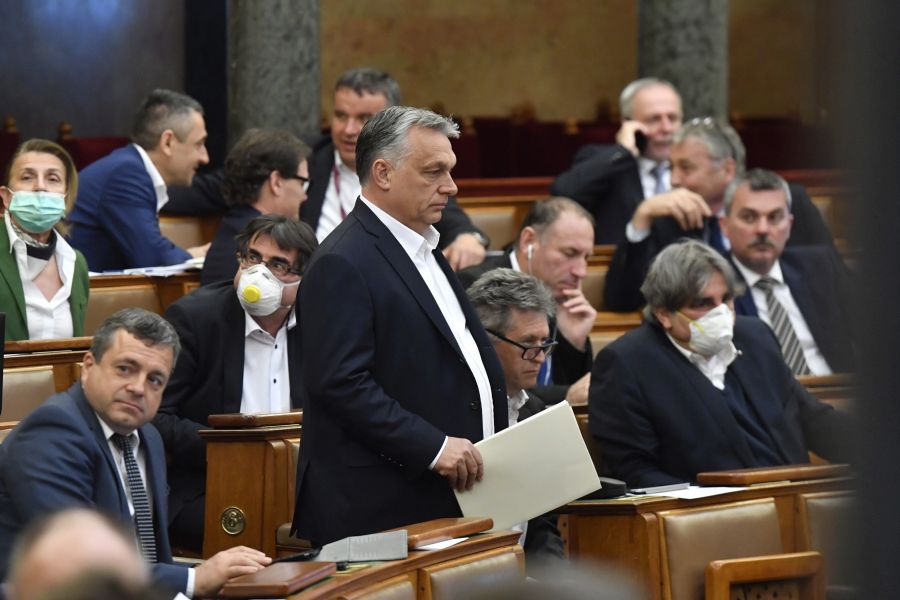On 30th March 2020, the Hungarian Parliament adopted a so-called “coronavirus law”, by claiming that efficiently combating the coronavirus pandemic would require extraordinary measures and the ability to make rapid decisions, should that become necessary.
The new law significantly expanded the government’s power during the so-called state of danger regime that was introduced on 11 March in response to the coronavirus situation. State of danger is a special form of extraordinary legal regime which can be only be introduced and withdrawn by the government. While a state of danger is in force, the government can rule by decree and does not need parliamentary approval.
However, historically there have been two important checks on the government’s power even under such extraordinary circumstances. First, even though the duration of the state of danger is dependent solely on the government, previously the decrees it adopted during this period were only valid for 15 days. Once expired, the parliament had to extend the validity of these acts, otherwise they automatically became invalid. The coronavirus law, however, abolished this 15-day validity limit. From now on, decrees adopted by the government remain in force only until the government decides to terminate them.
Second, another important check on the government’s power during a state of danger has been that the government could issue decrees only on issues specifically delineated in the law on disaster management (Act CXXVIII of 2011), but not on anything else. However, the new coronavirus law abolished this constraint. From now on, the government of Viktor Orbán may regulate any issue it pleases with government decrees, as long as it can come up with an argument to prove that the given measure is somehow related to the coronavirus crisis.
All in all, as of 1 April 2020, the extraordinary powers of Viktor Orbán’s government have become de facto unchecked both in terms of duration and content. Duration of the state of danger now depends solely on his government (and on the parliament, firmly controlled by him), which can rule with decrees that remain in force until they themselves decide to relinquish this power.
Since the coronavirus law has been adopted, the Hungarian government has become subject to intensive international criticism from the EU, many EU member states (including Estonia), as well as of the United States. It is highly likely that this criticism will continue and sharpen if the extraordinary powers granted by the coronavirus law are abused.
It is important to note, however, that at present it cannot yet be known with absolute certainty, whether and how the Hungarian government will use the extra powers granted by the coronavirus law. Hence, no one should immediately assume the worst-case scenario. Nevertheless, persistent international attention, underlined and supported by thorough monitoring as soon as possible is necessary to ensure that extra powers are not misused and that measures adopted during the state of danger do not exceed neither the scale nor the duration needed to combat the pandemic.


